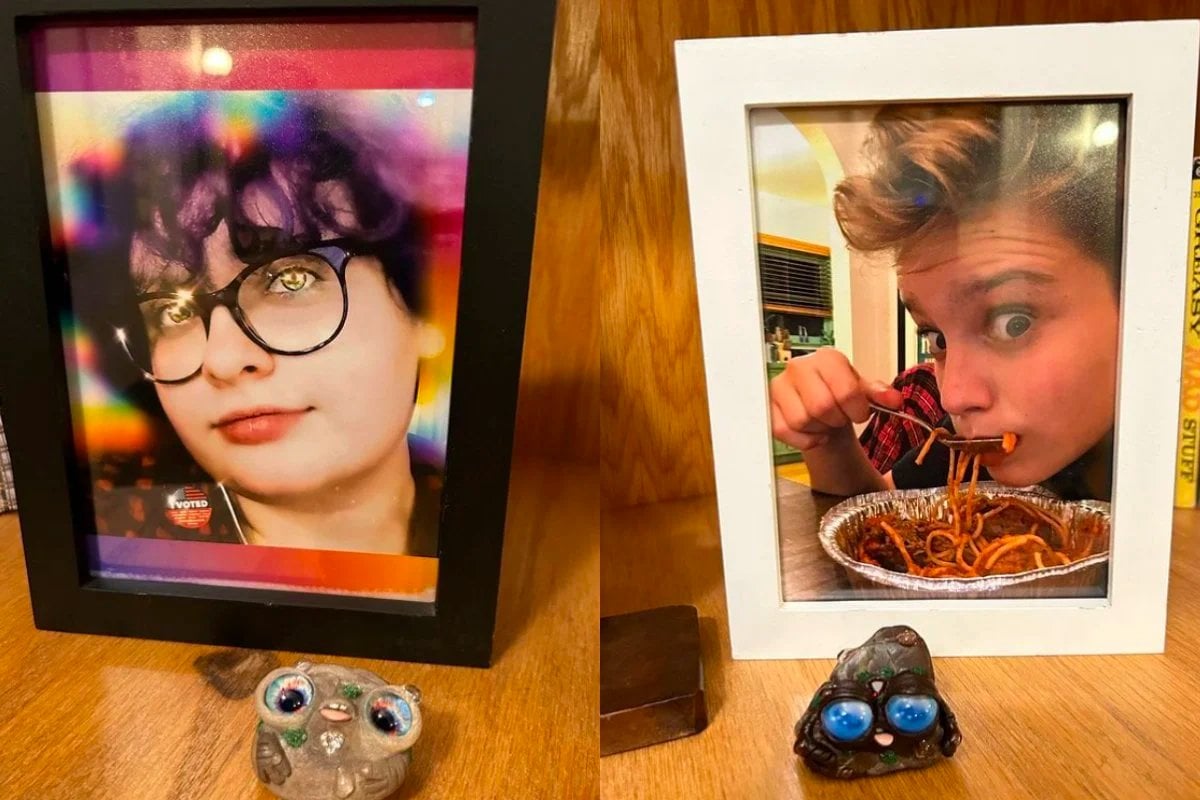
Writer and actor Colin Campbell has had to cope with a level of grief most could never comprehend.
Four years ago, he was driving to Joshua Tree in California with his wife Gail and their two teenage kids, Ruby and Hart.
"It was a joyous ride, it was a high point for us as a family," he told the podcast Honestly with Bari Weiss.
"It was only 10 or 20 minutes to the house when a drunk and high driver, a repeat DUI offender, going 40 miles [64km] per hour above the speed limit, T-boned us. The point of impact was the rear passenger door. Ruby and Hart were killed basically on contact."
Hart was 14 and Ruby was 17.
Watch: parents who have lost a child answer questions. Post continues below.
After years of trying to process the unimaginable loss of his two children, Campbell wrote the 2023 book Finding the Words: Working Through Profound Loss With Hope and Purpose based on his experiences with people not knowing how to help with or handle the family's grief.
In the book, he tackles the misconceptions around grief, and what grievers actually want from their loved ones. In particular, he takes issue with how people say 'there are no words' to a person who has been affected by death.

Top Comments